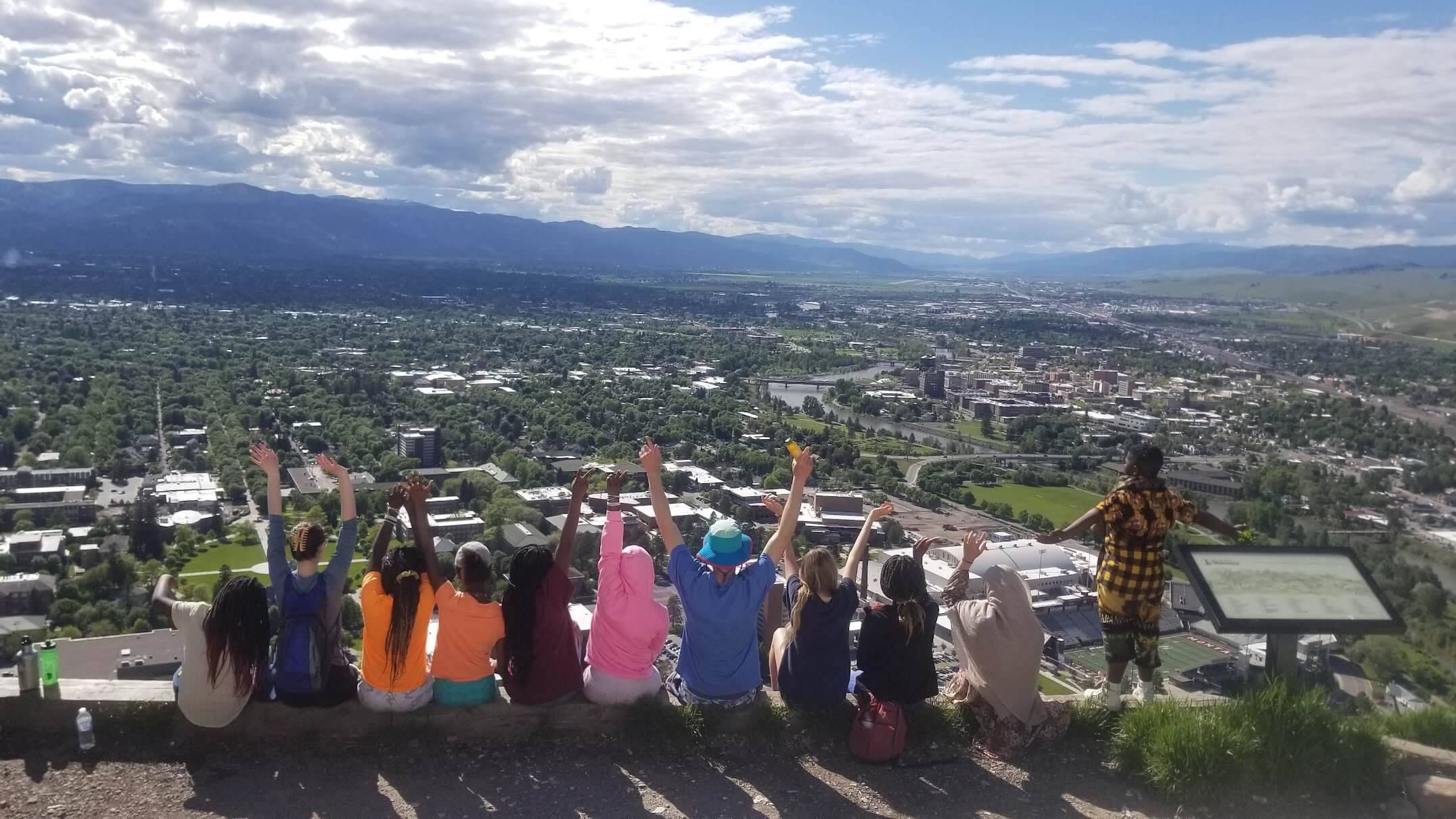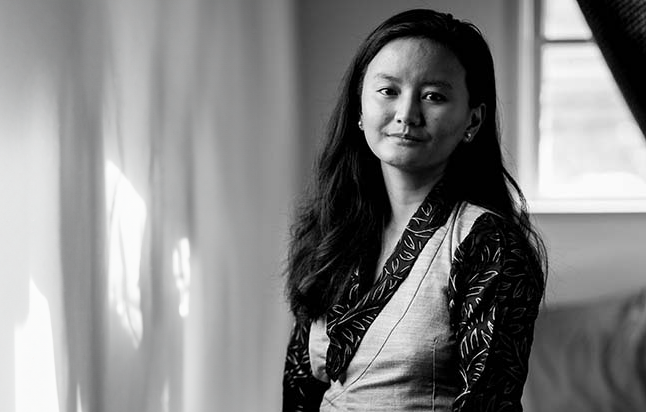
Stories of Home
Tenzin
Tibet, India
Mary: this interview is a lot about home and welcome, So can you talk a little bit about, what does that mean to you?
Tenzin: Home for me is really the people I’m around and the community. I think coming to the US when I was pretty young and not growing up in a diverse place, I think I really struggled to sort of find a community that sort of accepted me. I think that’s why, like when I was younger, I just desperately wanted to leave Missoula, because I wanted to sort of find a place where I belonged. Um, you know, and I didn’t have any other Tibetan children to play with. It was just myself. And then, you know, I moved away for school and it’s, like, I kept on feeling like I had to like search for my place. And, you know, I finally had a chance to, you know, go overseas in India and like be around other Tibetan people and like even lived in New York for a bit and be around other Tibetan people. And it’s strange because, um, even though I’m fully Tibetan, they didn’t see me as fully Tibetan.
They saw me as too Americanized, you know? I think that’s something I struggle with in my family too, is sometimes like being too Tibetan and being too American. But you know, eventually, you know, coming back to Missoula, I just, I kind of made the realization home is whatever I make it to be, you know? And it’s really about the people who I’m with and the community. And I think my hope is that, um, I don’t know, I can shape Missoula to be a kind of place that maybe, you know, other people who are, who was in my shoes, you know, back in the day that, you know, they feel more welcome here. And so I think in that sense, it’s not necessarily has to be like a four walled place, but like a sense of feeling and the people I’m with. I think it’s more acceptable nowadays that people can celebrate their di erent individualism. I think back when we first moved to Missoula, I think my parents were really afraid that we would be, like if we were too di erent, um, that we will be treated di erently. I think the term is called the immigrant shrivel. Like we felt grateful to be here, we felt grateful to live in a country. Because in India, Tibetan refugees, like you couldn’t own you couldn’t own property, you couldn’t get a bank loan, and you would just sort of like a stateless person, as a stateless person to come to the United States. And so like being two di erent and standing out is like, you know, it’s like, you don’t want to do that. But I think nowadays it’s more acceptable to celebrate those things. I think people are more, um, open-minded and you know, and I think that’s great. You know it’s like great that we can celebrate the things that make us common, but also great to celebrate the things that make us.
Photos by Helen Rolston Clemmer


Welcome. Celebrate. Share.

